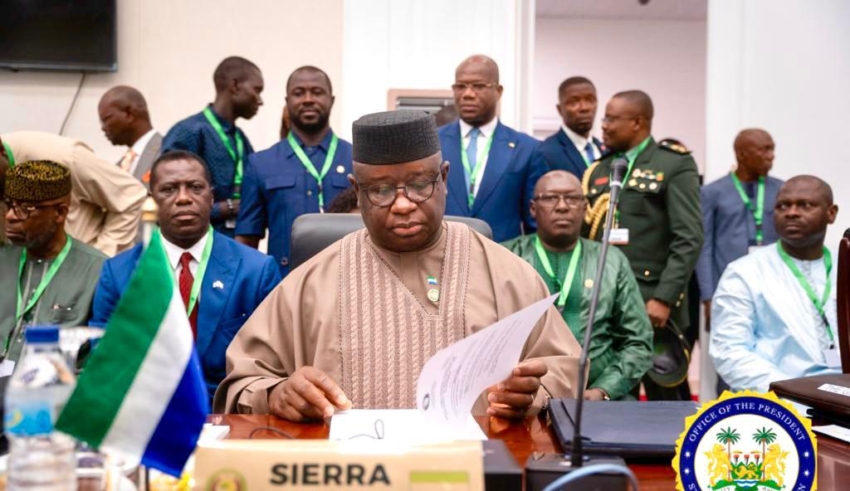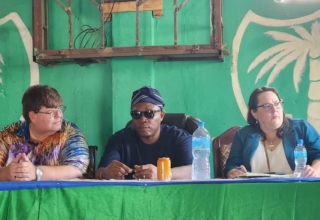
His Excellency President Dr Julius Maada Bio is expected to leave Freetown for Rome, Italy, on Sunday to join around 2000 participants from over 160 countries, including over 20 Heads of State and Government, to attend the UN Food Systems Summit+2 Stocktaking Moment (UNFSS+2) at the Food and Agriculture Organization of the United Nations (FAO) Headquarters in Rome on 24-26 July.
The event convened by the United Nations Secretariat, and hosted by Italy, in collaboration with the Rome-based UN Agencies (FAO, IFAD, WFP), will be officially inaugurated on Monday 24 July at 14:30 CEST during a high-level opening led by the UN Secretary-General, António Guterres, and the Prime Minister of Italy, Giorgia Meloni.
The opening segment will also have the participation of FAO Director-General, QU Dongyu, and several Heads of Government, including the Prime Ministers of Ethiopia, Bangladesh, Samoa and Nepal.
Over three days, the high-level meeting aims to create a conducive space for countries to review progress on the commitments to action made at the first Food Systems Summit in 2021, and identify successes, enduring bottlenecks and establishing priorities.
“The UNFSS+2 stocktaking meeting will be an important occasion to further strengthen political commitment and pathways for implementation at global, national and sub-national levels. The historic task we are facing is clear: defining a holistic, coordinated and science based approach to make our agrifood systems more efficient, more inclusive, more resilient and more sustainable, for better production, better nutrition, a better environment and a better life, leaving no one behind,” the FAO Director-General said.
The event will also be an opportunity for countries to outline the work required to address some of the challenges they face to transform their agrifood systems. These include the impacts of conflicts and climate change as well as access to finance and other resources.
The Summit comes at a time when up to 783 million people are facing hunger in the world, 122 million more since 2019 due to the pandemic and repeated climate shocks and conflicts, according to the latest State of Food Security and Nutrition in the World report.
The capacity of people to access healthy diets has also deteriorated across the globe: more than 3.1 billion people in the world – or 42 percent – were unable to afford a healthy diet in 2021.
“If we project that to the future, we will have 600 million people chronically undernourished by 2030, far from the goal of Zero Hunger,” FAO Chief Economist, Máximo Torero, warned during a recent media briefing on the UNFSS+2.














